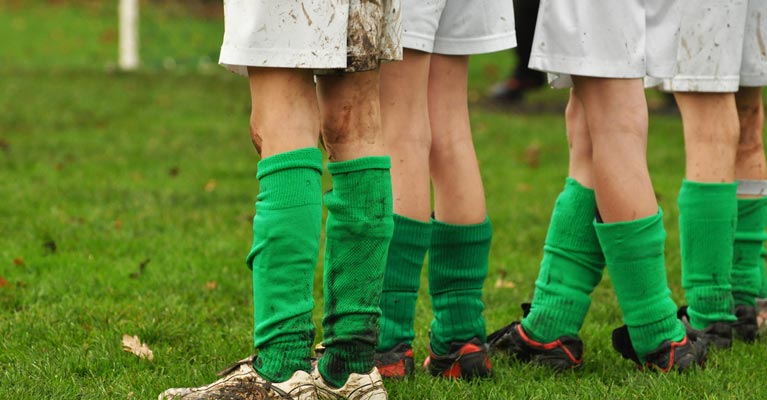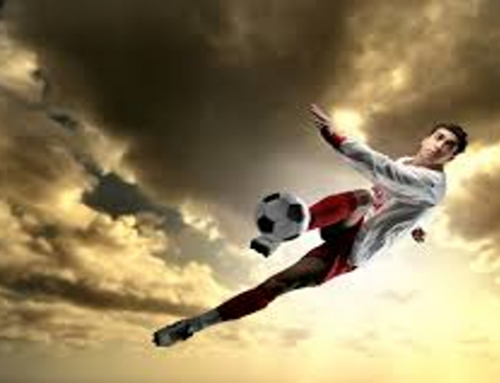In this short but powerful article, football coach (at a professional Dutch Academy) and sport psychologist Mauro Van de Looij, shares with you his thoughts on coaching with well being and development in mind.
“Football is war.” Rinus Michels, former legendary Dutch coach spoke these words about football. He left no doubt about what football is all about: winning. Every player and every coach wants to win. In the seniors the focus can be on winning, but should the focus in youth academies be on winning as well? In my opinion it shouldn’t. I want to share with you another way of winning the football game by focusing on well-being and development of the children.
My View
I am happy to say I am coach of a team, with boys aged 7 and 8, from the youth academy of a professional Dutch football club. The boys provide me with enthusiasm, energy, joy, great questions and challenges to learn from. They love to win and hate to lose. Now that’s completely fine, I let them have that desire. This means I don’t request victories, they may want to win but they don’t have to. My focus lies on their well-being and development. Let me tell you how I bring this into practice. First of all my coaching is based upon effort (instead of results). I make it clear to my boys, every training session and match, that I want to see them working hard. As we discuss why, we agree that working hard leads to development and winning. Whether they win or lose, if they’ve put in maximum effort they know I’m proud of them. Secondly my coaching is based upon learning. I encourage my boys to execute new skills and compliment them on the progess made. For example I think highly of two footedness, so every time one of my players passes or shoots the ball with his lesser foot I compliment him – no matter the result. Thirdly my coaching focusses on working together. On and off the pitch we’ve agreed upon being one cooperating team: we need everyone to play football, get things done and have fun. Bullying we agreed upon isn’t allowed because we know being bullied hurts. Furthermore to create understanding and teach them about having choices with different consequences I allow my players to make mistakes, I ask instead of direct them and make agreements on why we do things. So what are the results so far? The boys are feeling more and more free to make mistakes, thus try to do new things and are open to learning. They feel hardly any pressure, are aware of their development (plus the role of working hard) and still have the great will to win. There is still room for improvement. This exists in coping with setbacks, and their parents have confirmed these observations. Considering development, some players have already developed the ability to pass and shoot the ball with both feet. Considering winning, the percentage of matches won has increased since our start three months ago.
To conclude, I do not say my way is the only or best way, it is however the way I am convinced about for developing players. Hopefully you found this way interesting! Mauro van de Looij is Youth Coach U.9 PSV Eindhoven FUNdament location VVV-Venlo and a Sports & Performance Psychologist




